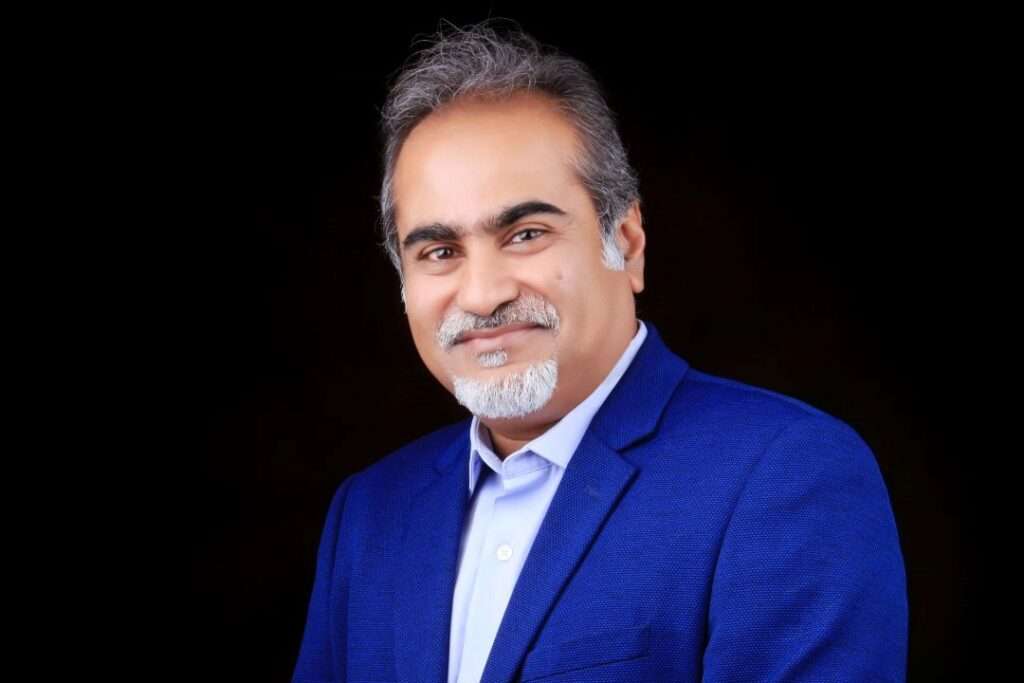The upcoming VDMA Circular Economy Conference, scheduled for December 6, 2023, in Mumbai, is set to usher in a new era for India’s plastic industry, emphasising the shift towards a circular economy. Ahead of this crucial event, insights from Sabine Schönfeld, Business Development Manager of Recycling at Coperion, and Mehmet Kaya, Sales Team Leader Asia at Coperion subsidiary Herbold Meckesheim, offer a glimpse into the challenges and opportunities that lie ahead.
Sabine Schönfeld highlights the potential for India’s recycling industry, which, despite its current unorganised state, holds immense promise for adopting advanced technology and upgrading to high-quality recycling practices. Mehmet Kaya underscores the growing importance of the circular economy in India, pointing out the critical role of brand owners in catalysing this shift. Kaya notes the current limitations of manual collection and sorting processes in India, suggesting investment in centralised, automated facilities to meet increasing quality demands.

- Role of Circular Economy in India: Mehmet Kaya emphasizes the growing importance of circular economy practices in India, especially given the country’s reliance on finite resources. He acknowledges the current efforts in waste collection and the potential for significant improvements in recycling processes.
- The Need for Professional Development: Kaya points out the need for more professional, centralized sorting facilities in India, a change likely spurred by international brand owners with high-quality standards. This shift is crucial for India to meet the increasing demand for high-quality recyclate.
- Challenges in Collection and Sorting: The current reliance on manual labor for waste collection, according to Kaya, poses a significant challenge in meeting the rising quality requirements for recyclable materials. He predicts a necessary upgrade in the next five to ten years to address this issue.
- Coperion’s Position and Potential: Sabine Schönfeld outlines Coperion’s role in India’s recycling sector, which, despite being at an initial stage, is backed by a long history of supplying machinery for virgin material applications. She sees immense potential in expanding their customer base and addressing the highest demands of the recycling market in India.
- Herbold’s Longstanding Presence and Outlook: Kaya notes Herbold Meckesheim’s two-decade-long active presence in India and the recent establishment of a local representative. This strong market understanding has led to significant project requests in recycling, positioning India as a key player in Asia for recycling initiatives.
- Future of Circular Economy in India: Both Schönfeld and Kaya agree that for India to fully embrace the circular economy, there must be a shift towards advanced technology-based recycling systems. While India currently lags behind Europe, the potential for rapid adaptation and implementation of newer technologies is high.
The VDMA Conference aims to facilitate a technical exchange among all players in the value chain, focusing on the transition of India’s plastics industry towards sustainable practices. With European machinery manufacturers collaborating with Indian counterparts and brand owners, the conference is poised to showcase successful models and strategies for a circular economy.
As India stands on the cusp of a significant transformation in its plastics industry, the insights from industry experts like Schönfeld and Kaya will be invaluable in guiding this journey towards sustainability and innovation. The conference represents a pivotal moment for stakeholders to come together, share knowledge, and pave the way for a more sustainable future in plastics manufacturing and recycling.








